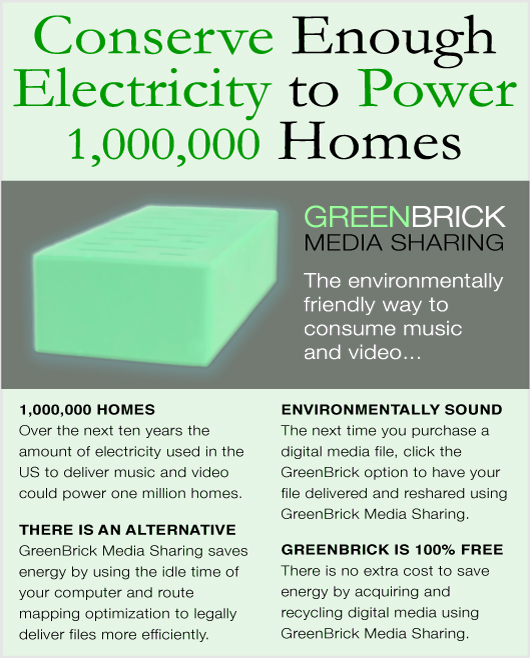 June 10, 2008
June 10, 2008 Does EMI uniquely understand that enabling and enhancing the music experience is where the money is?
Over the last six months, EMI hired Doug Merrill, formerly VP of Engineering at Google. Rumor has it that EMI is selling off their recorded music business. And now, EMI has hired Cory Ondrejka one of the founders and the computer science guy behind the popular virtual world called Second Life.
I believe that EMI has uniquely discovered that there is a paradigm shift underway, and they don’t want to be left behind. The days for selling recorded music are numbered (you heard that before). The competition for consumer mindshare is going to be between those that can provide the best music experience for the money.
Think outside the box and clear the slate. Go down to the phone store and use the gorgeous Cover Flow interface built into the iPhone. Look at Microsoft’s Surface computing platform. Spend a couple of hours looking into Same Sonic Science (music information retrieval). Try out Sony’s Play Station 3. Consider the adoption of broadband in the home and the adoption of 3G wireless technologies. Play the new versions of Halo.
It doesn’t take a futurist to see where this is all going. Record labels that are not in the user experience / user interface business will be disintermediated (forced to become marginalized middlemen) by those that are.
Here’s a user interface that can be built today. Forget looking for songs using genre, forget charts, and forget simple sounds-like lookups. Discovering songs like this sucks. Take any ten thousand songs and combine it with any high-resolution landscape image. Break down the songs into mathematical equivalents, and using Same Sonic Science, divide them into 100 buckets by similarity. Break down the image and logically map the buckets of songs onto fragments of the image using artificial intelligence.

Touch the sunny segment of the image and listen.
You want more sun, move your hand into the sun.
Touch the water in the image and listen.
Touch the dark shades in the image and listen.
Listen to the blue sky.
Cover flow to the next image. Try an urban landscape.
More your hand over the image.
Zoom in, zoom out.
You want harsh, touch harsh. You want soft, touch soft.
You want to get complicated, go into a virtual world.
Hang this on the wall in your living room using a 60” touch screen TV.
Or, just use it in your iPhone.
Pay a small subscription fee or deal with the strategically placed ads that appear.
Yeah, some of this is a bit out there. But the reality is way closer than some people think. The hardest part to get your arms around is the part that uses the Same Sonic Science. Same Sonic Science enables ANY song to go into the system, and EVERY song to come out SOMEPLACE within SOMEONE’S “landscape”. Subjective terms like “great” and “suck” are sensitively mapped into the user interfaces, which learn the tastes and preferences of their users. There may be only one person that wants to listen to fingernails on the chalkboard, but if it’s music to his ears, then he will find it.
The implications of what I just described for any company in the music business are huge. What’s smarter, investing in recorded music (if you are not an artist) or investing in the music experience? It seems like EMI may know the answer. If you are one of the major labels, don’t you ask yourself…self, how do we leapfrog Apple?










